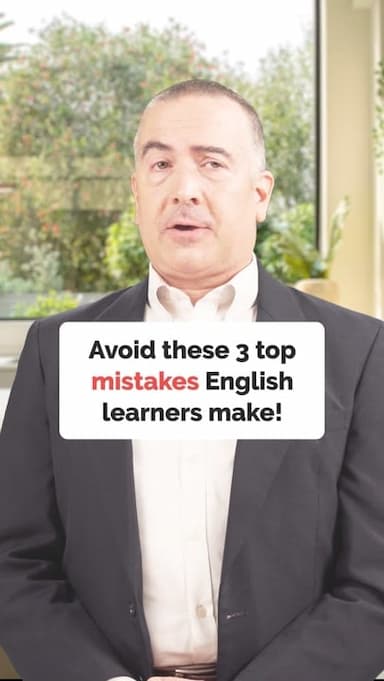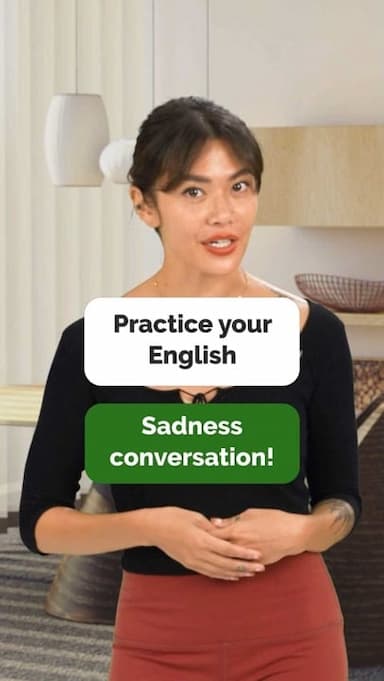Top mistakes with conditionals
@Oliver
#CommonMistakes
Common Mistakes with Conditionals
Learn how to avoid common mistakes with conditionals in English with this informative video lesson.
Conditionals are a crucial part of English grammar, but they can be tricky. In this video, we highlight three common mistakes with conditionals and show you the correct way to use them.
- Incorrect: "If you will study more, your English will get better."
- Correct: "If you study more, your English will get better."
- Explanation: Use the simple present tense in the "if" clause for future conditional sentences.
- Incorrect: "If you would study more, your English will get better."
- Correct: "If you studied more, your English will get better."
- Explanation: Use the simple past tense in the "if" clause for hypothetical present or future situations.
- Incorrect: "If you would have studied more, your English would have improved."
- Correct: "If you had studied more, your English would have improved."
- Explanation: Use the past perfect tense in the "if" clause for hypothetical past situations.
By understanding these common mistakes with conditionals and their corrections, you can improve your English grammar and make your sentences more accurate.
Get the full app experience
Engaging video lessons and fun quizzes to help you ace your English.
Improve your English Level
Improve your pronunciation
Practice conversations
Sharpen your listening Skills
Fix common mistakes in English
Learn Grammar in a fun way
Expand your English Vocabulary
Coming soon to Google Play
Similar videos for #CommonMistakes
Similar videos for Conversation
© 2023 fluentjoy.com












